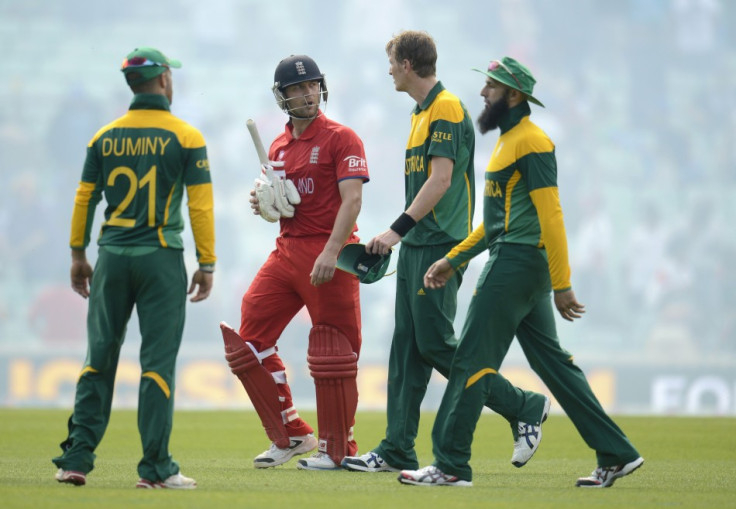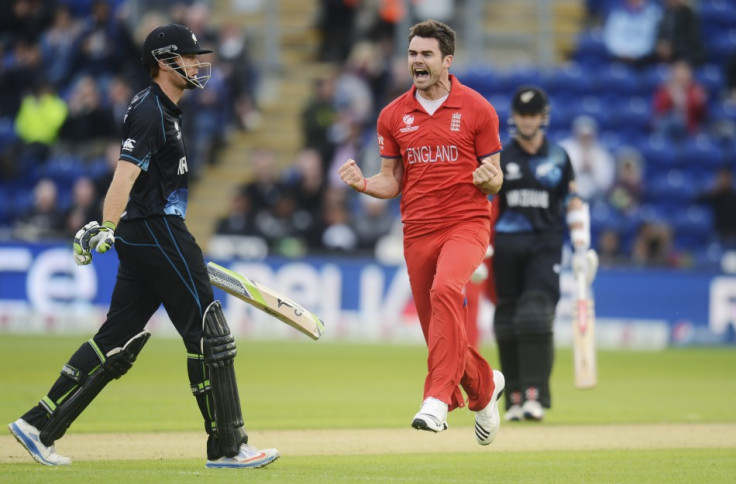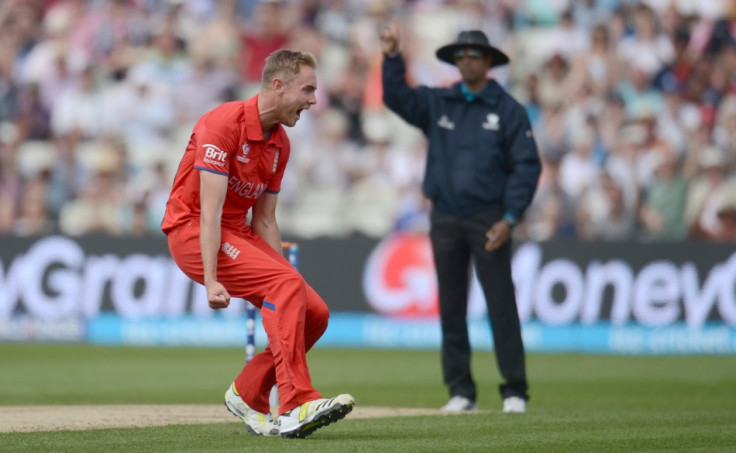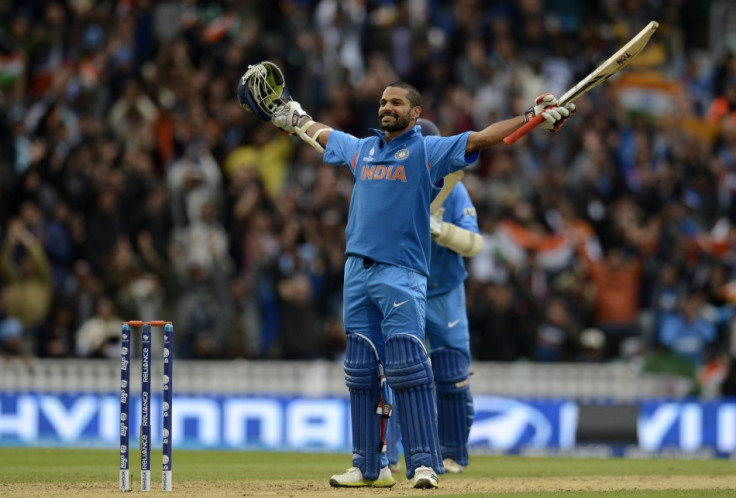ICC Champions Trophy Final England v India: England's Road to Edgbaston
England are one win away from clinching a first ICC Champions Trophy. Alastair Cook's men face world champions India in the final at Edgbaston, on Sunday. This is the second time the tournament has been played in England - the first was in 2004, when England lost to West Indies in the final.

Road to Edgbaston
England were drawn in Group A, alongside arch rivals Australia, with New Zealand and Sri Lanka for company. The hosts qualified as winners of their group, although they were only separated from Sri Lanka in second place by Net Run Rate.
They began with a comfortable 48-run win over Australia. Ian Bell's 91 was well supported by Cook (30), Jonathan Trott (43) and a brisk 37-ball 43 by Ravi Bopara. The hosts posted 269 for 6 batting first.
The Australians never looked very comfortable chasing the target. George Bailey, captaining the side and standing in for the injured Michael Clarke, tried to mount some measure of resistance with a half-century to his name but James Anderson, Stuart Broad, Tim Bresnan and James Tredwell were bowling with excellent line and rhythm. Anderson, in particular, was unplayable, finishing with 3 for 30 from his 10 overs.

The second game was a massive disappointment though, with the bowlers completely unable to exert any sort of control over a free-scoring Sri Lankan batting line-up. And all this despite a strong performance from the batsmen - Cook, Jonathan Trott and Joe Root all hit half-centuries to post a very impressive target of 294 for the Asian giants. Unfortunately, Kumar Sangakkara surpassed them all with a match-winning unbeaten century (134 off 135 balls).
England went into the final game, against the Kiwis, needing to win to ensure qualification to the semi final. And once again, things did not go according to plan. This time around, the batting failed to fire, with Cook's 64 and Root's 38 the only scores of note in a total of 169. Fortunately, Anderson came to his country's rescue again, picking up openers Luke Ronchi and Martin Guptill with only 14 on the board and finished with 3 for 32 and stopping New Zealand just short of the target.
The semi final was against South Africa, who recovered from an opening game defeat to India to post consecutive wins against Pakistan and the West Indies; the latter aided by the Duckworth/Lewis method.

It should have been a close and exciting match but, in the end, it was a whitewash for the English. The Proteas have long sought to shed their "choker" tag in high-profile matches and this performance will not help that cause.
AB de Villiers and his men were restricted to 175, a total made possible only be sterling rear-guard displays from David Miller and Rory Kleinveldt to rescue their country from 80 for 8. In reply, Chris Morris and Kleinveldt's best efforts, England marched to a seven-wicket win, with Trott (82 not out) and Root (48) the stars.
Strength: England's strength has been their bowling, with Anderson, Broad and Bresnan sharing 19 out of the 30 wickets taken in the competition. The fast bowlers will lead the hosts' bowling attack in the final and the trio will play a crucial role in stopping Shikhar Dhawan and co. from firing at the beginning of India's innings.
Weakness: England have always been vulnerable playing against spin. The world champions have two quality spinners in their ranks - Ravichandran Ashwin and Ravindra Jadeja. The duo could create trouble for the English lower middle order, which has been unsteady during the Champions Trophy.
England's lower middle order has failed to impress in the English side's batting division. Ian Bell, Jonathan Trott and Joe Root are the only trio to impress with the bat for the hosts and should they fail in the final, it will up to Eoin Morgan, Ravi Bopara and Jos Buttler to step up with their performance.
Opportunities: India's top order has been consistent throughout the competition, which has limited the role of their lower and middle order batsman. Should England manage to bag quick wickets, they may have an advantage as India's lower order is yet to be exposed in the 2013 Champions Trophy.

Threat: England's threat for the final will be India's top order, which has been rock solid throughout the competition. Dhawan has been brilliant with the bat after scoring two centuries and a half-century in the four games played. The opening pair of Dhawan and Rohit Sharma, followed by Virat Kohli and Dinesh Karthik could create a lot of trouble. The top order batsmen can take the game away from England, if they start to fire from the beginning of their innings.
© Copyright IBTimes 2025. All rights reserved.





















